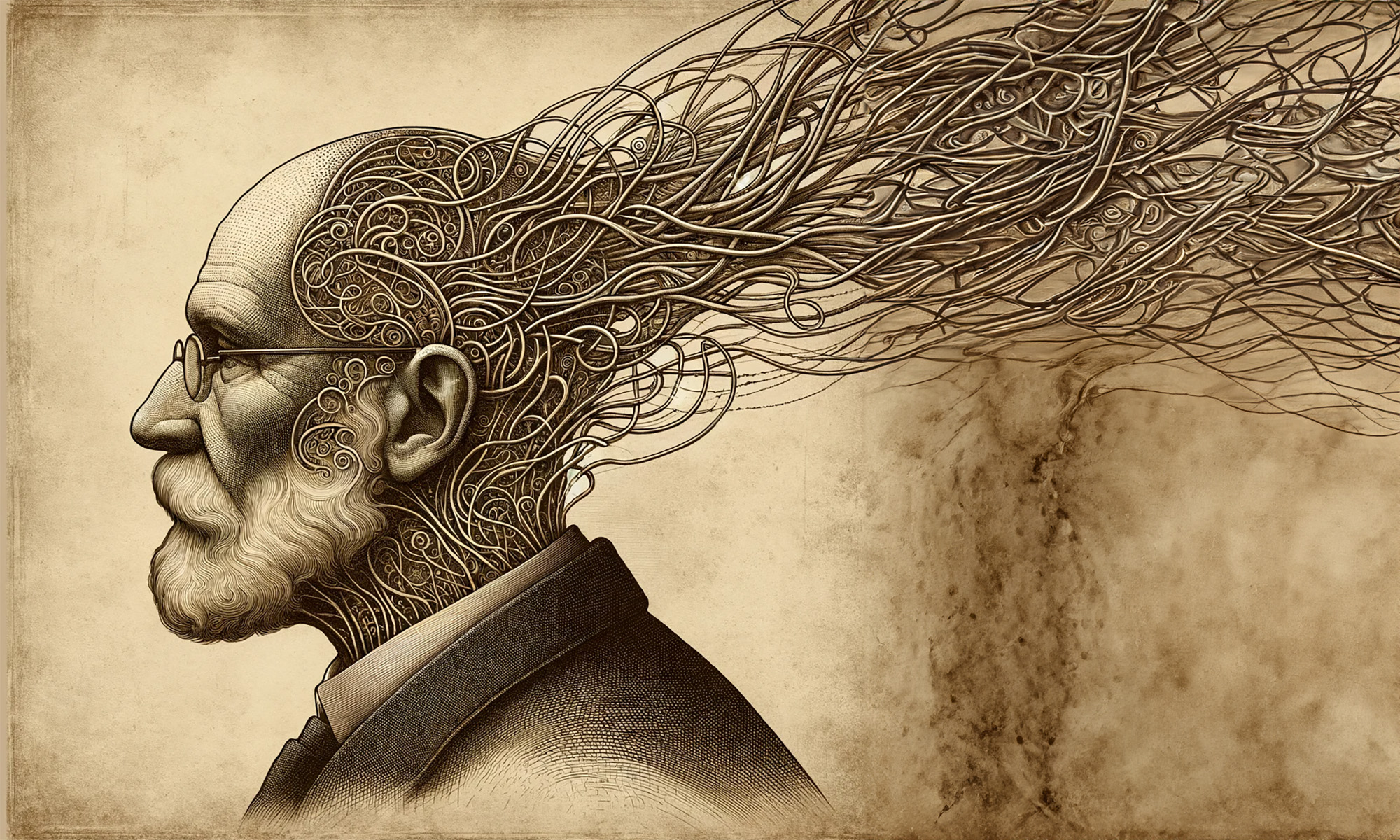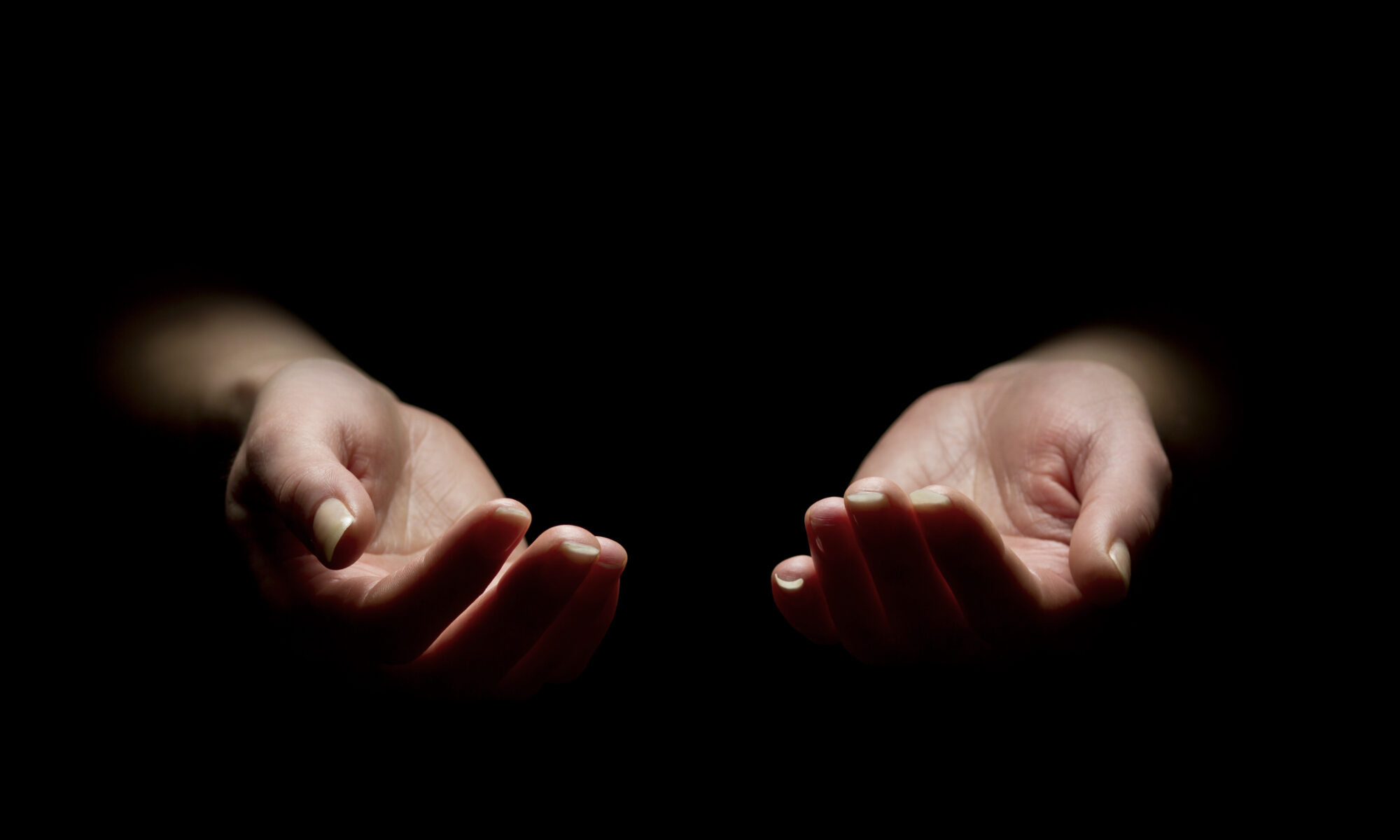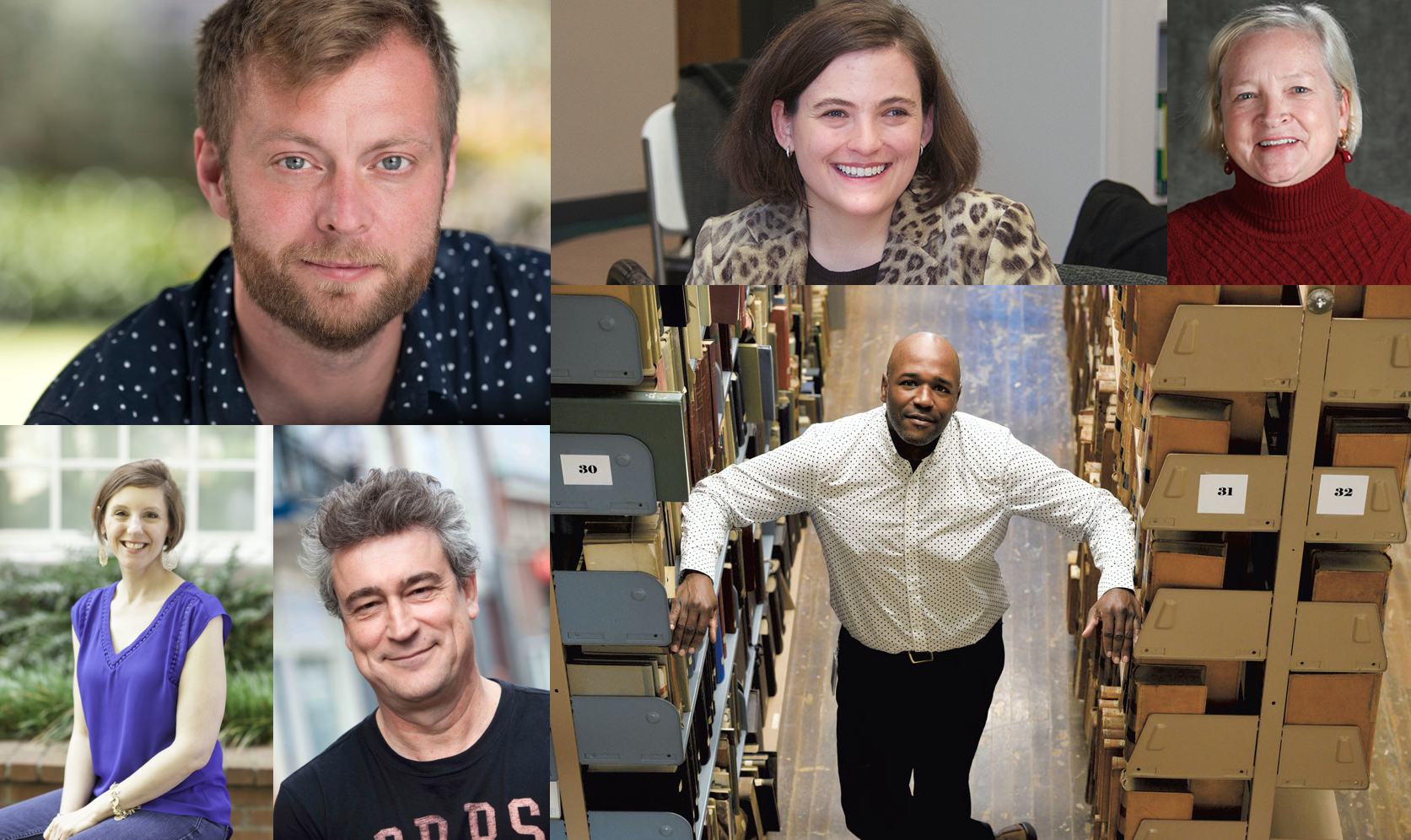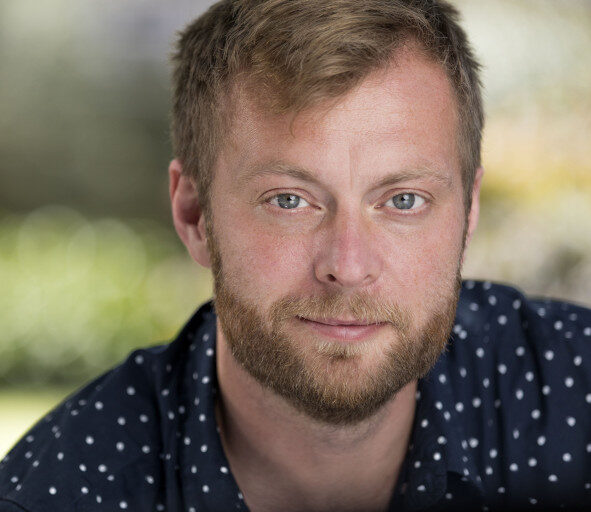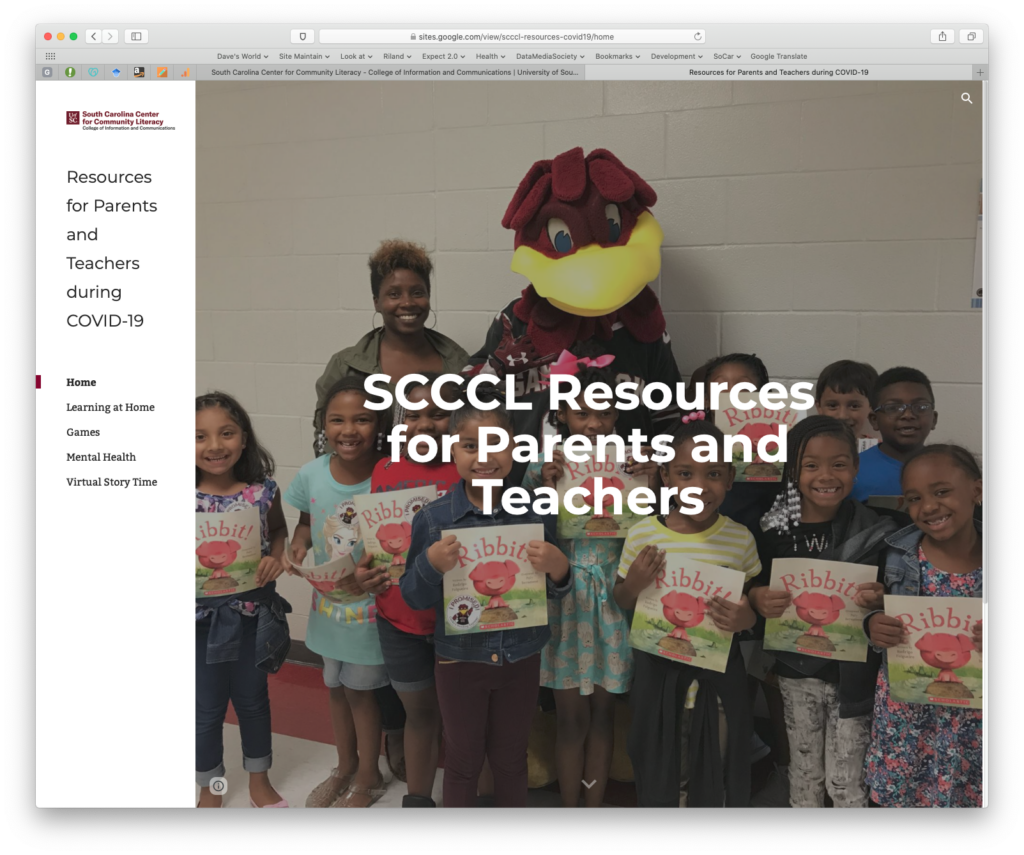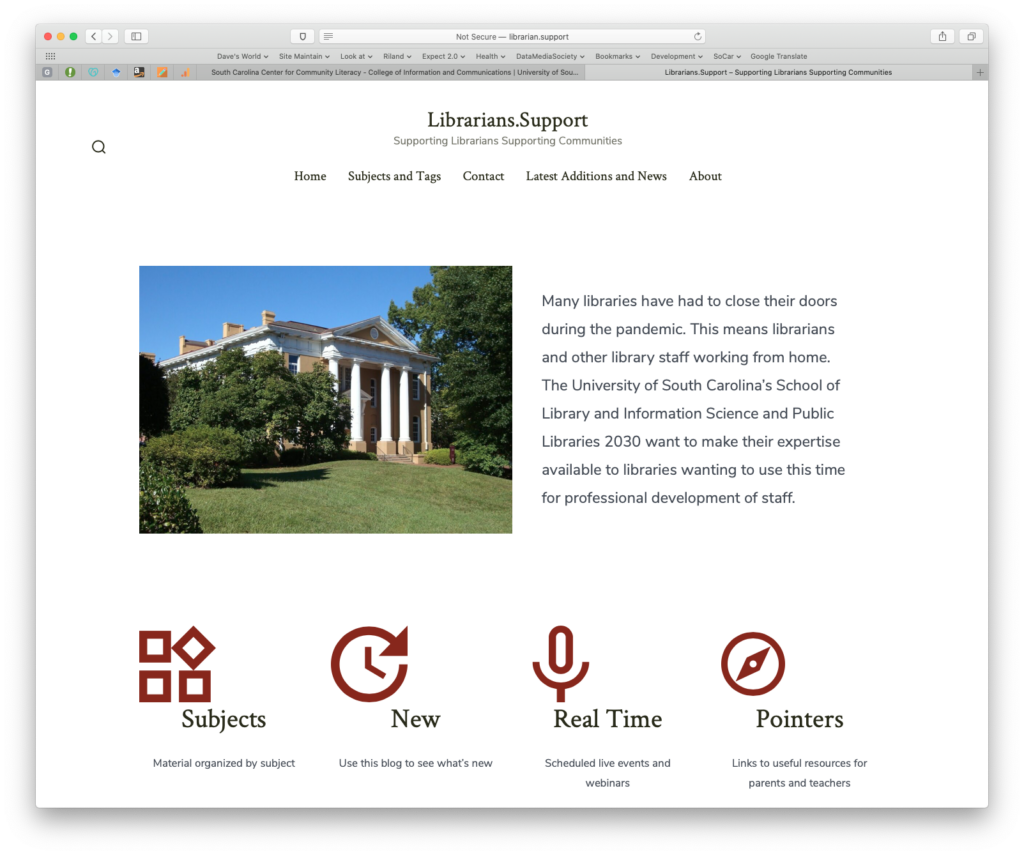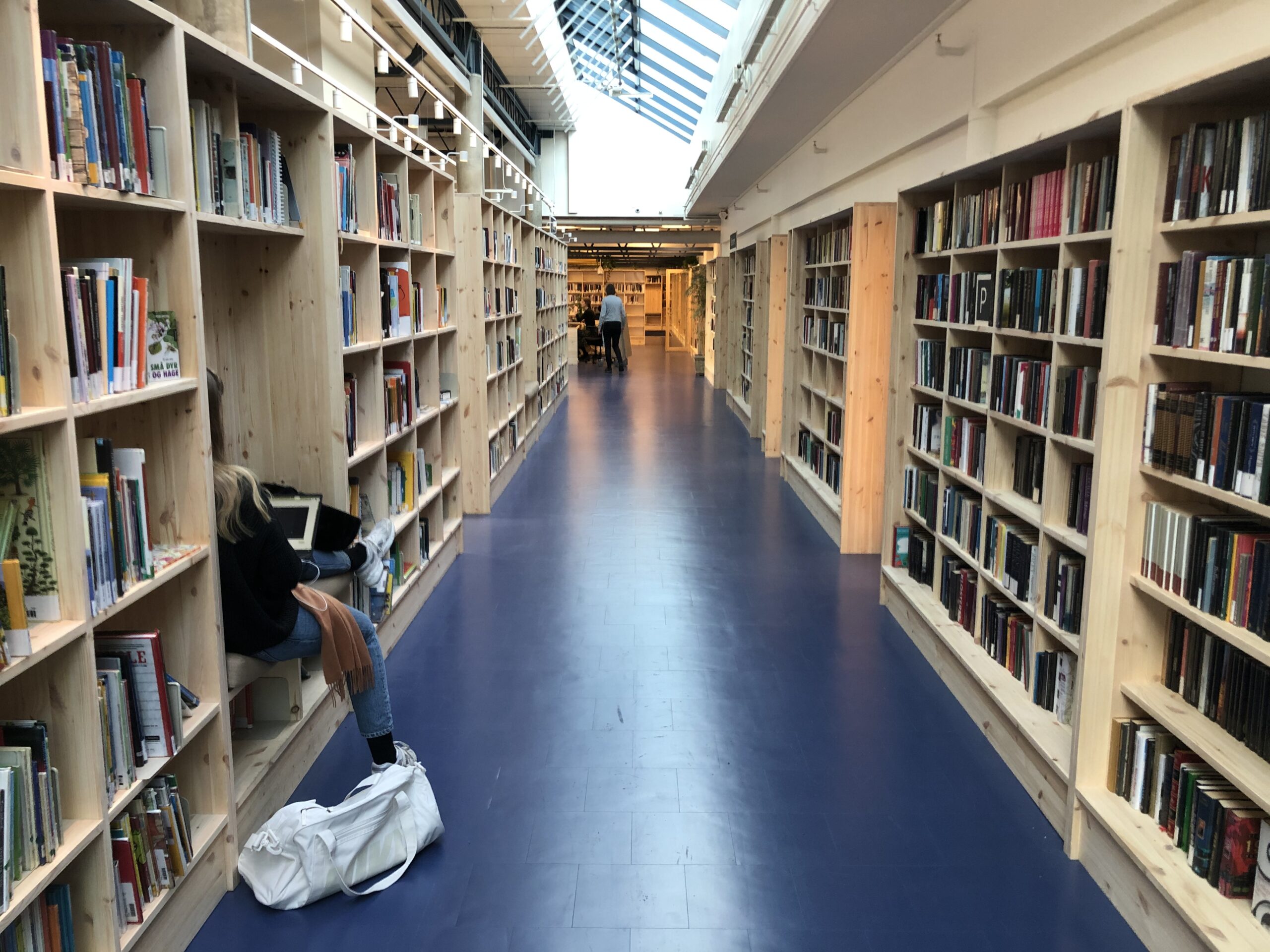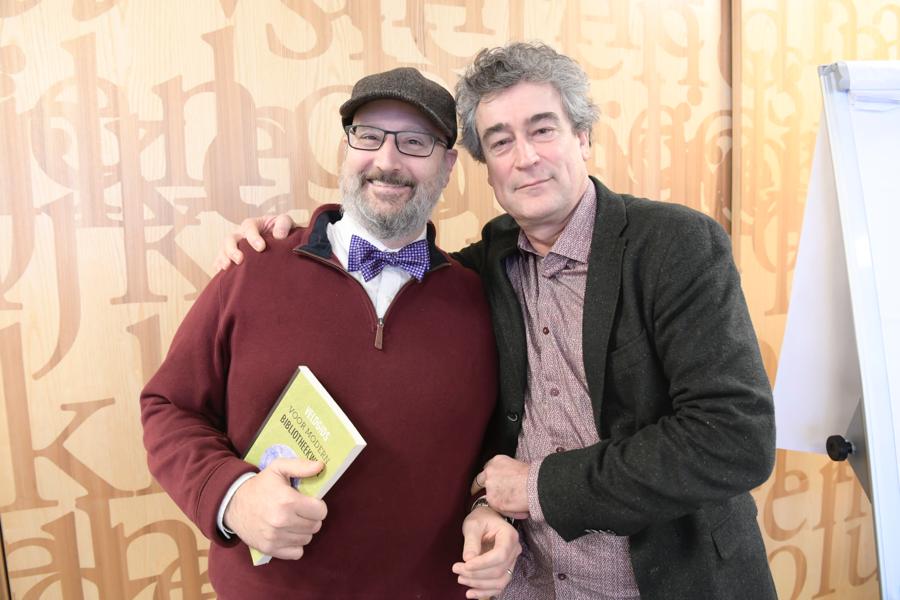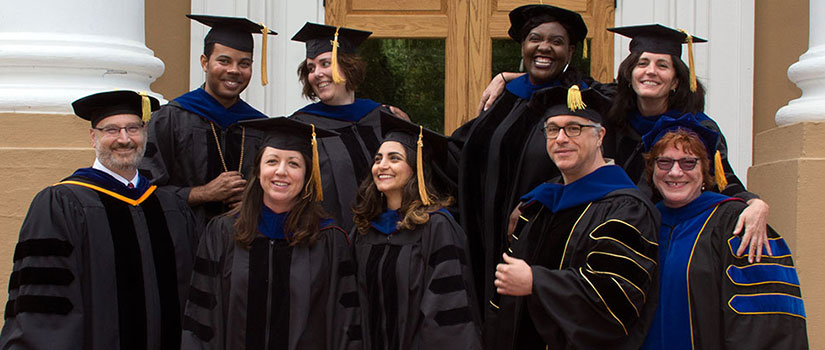Tomorrow our Students return to class. All of our students they will return to class online. For our LIS students this will be normal. Except, it won’t be normal for them. They will be returning to their usual distance courses while sheltered in place, at home with children not attending shuttered schools, or parents closed off in senior communities, or spouses who have to exchange Zoom meetings for conference rooms, or perhaps they are now simply alone in a country whose borders have been closed in a world that counts every ventilator unit like it used to measure Gross Domestic Product.
In our classes we will be teaching these future librarians and information professionals a curriculum of skills. Yet all of these skills are founded on the values of service. And as much as we talk about virtual libraries and online communities our traditions and models and metaphors run deep with a reality of human contact.
I am reminded of talking with Chuck McClure about a study he did on reference transactions. It was the famous 55% study where he and Peter Hernon found about half of reference questions actually received incorrect answers. Yet an overwhelming percentage of people getting these answers were satisfied. When I asked how this could be, he asked “the number one way of increasing satisfaction?” He then reached out his hand, laid it on my shoulder, looked me in the eye, and with sincerity asked, “does that help?” Human connection.
In the rise of social media, scholar after scholar, maven after maven, profit after profit have extolled the centrality of community and connection. I’ll be honest, in my 4 years at South Carolina I have struggled with finding ways to foster community in our online program. Traditional ways of bonding don’t work. Bringing in a speaker is difficult when the audience is of 10 bodies and an online audience of 50.
And yet the bond between faculty and student and school and alumni is strong. Why? Because our school library faculty are out in classrooms around the state. My faculty delivers workshops on universal design in a Center down the street. They hop in a bus to go to the neediest schools to read stories with the university mascot. They reach out to refugee populations. They sit with undergraduates in research and teaching and in protest of wrongs (including my wrong decisions). I still have alumni in Maine from a cohort decades ago that have a strong connection to the school because the faculty would make multiple trips a semester up north.
But now these faculty too sit at home with children and elders and spouses or by themselves in unprecedented times when social distancing, while novel, can too easily turn to fear of human physical contact.
I sent out a tweet asking if libraries around the globe are really closing, or are they shutting their physical doors but staying open online (and just to be clear they should close the physical doors out of concern for both staff and community). After all, libraries have been online for over 20 years. Some told of ebooks. Some of increased chats and reference transactions. Many talked about online story times and youth activities. Perhaps the most touching were the too few that were calling “regulars,” just to check in and make sure they were OK.
We talk about libraries and all kinds of information organizations building communities. We talk of social media as connecting and building relationships. But how many of us know our regulars well enough to call them and ask, “how are you,” and then, and I cannot stress this enough, listen to the response?
My inbox is full of statements telling me how much my gym, and my movie theater, and my airline care about me in these trying times. Telling me. None have called me or emailed me to listen.
It’s amazing in a time when Google and Apple know more about me than probably my mother, if they called and asked how I was, it would feel intrusive, even abusive. We have a deal Google, and I. They give me service and I give them data. It’s a transaction. One in which I know they know things I don’t want to talk about or share.
Are we preparing our graduates to create these kinds of communities or true communities founded on relationships and not simply aggregated data that can trigger a dopamine response when needed? Are our undergraduates using their skills in data analysis, design thinking, system design and so on to create engagement that can yield to analytics and be monetized? Or to connect? Are our graduate alumni going into schools, academies, medical centers, corporations, archives, and libraries truly prepared to serve and connect with compassion?
Paul Romer, a Stanford economist, said a crisis is a terrible thing to waste. He was talking about an economic crisis, and the need to rebalance an economy and the social compact between government, citizen, and business. We too must not waste this crisis. Every day of locked down uncertainty is a test of our ideals, traditions, curricula, and service.
How do we not only seek to answer more questions correctly, but reach out a virtual hand, rest it on the collective, sheltered in place, shoulders of our communities, and, with sincerity, ask, “does this help?”
